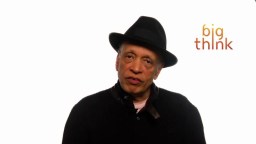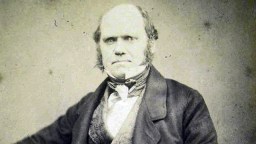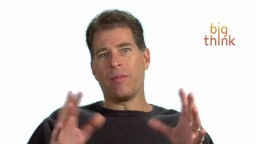Discussions of China tend to focus on size – a nation of over 1.3 billion people certainly deserves attention from business and investors worldwide. But, ‘total’ numbers reveal little about […]
Search Results
You searched for: Structure
There has been some discussion over the years here on Eruptions about what might happen if you were to bomb an eruption volcano. Now, this might be to divert a […]
We’ve tended to focus on the negative, the idea that people can bring out the worst in each other. There’s also evidence that groups can bring out the best in us.
Image by opensourceway This summer I have been conducting an experiment. Rather, I have been engaged in a personal project. I call it Twitter Book Club. Twitter Book Club is […]
Getting over half a million hits on your very first post is every blogger’s dream. That’s what happened to Prof. William Cronon, a distinguished professor of American history at the […]
I walked out of a 2hour workshop last week. I actually really wanted to know the information that was to be presented, but the workshop facilitator did such a terrible […]
Here’s an activity you can do with school administrators and teachers (and maybe school board members?). Total time: about 45 minutes.n
I hate the whole concept of Fox’s television show, Are You Smarter Than a Fifth Grader? Here’s why… The Milwaukee Journal Sentinel thought it would be fun to have local […]
By studying our nearest galactic neighbor Andromeda, astrophysicists can better understand how our own Milky Way galaxy formed 10 billion years ago.
The media has speculated that Arizona gunman Jared Loughner’s heavy use of marijuana could be behind his psychotic behavior. Forensic psychiatrist Michael Stone looks at the science behind this claim.
In our last post, we (Justin Medved and Dennis Harter) shared with you our 5 essential questions for the 21st Century Learner as well as our thinking behind how and […]
Mosley thinks his background as a programmer is evident in his writing: “Often when I write about computer programmers I’ll write about the way that they see the world and […]
▸
1 min
—
with
The father of fractal geometry “was one of the most visionary mathematicians from the latter part of the twentieth century,” writes Boston University professor Robert Devaney.
Here’s a recent Twitter conversation that I had, followed by some additional thoughts… Okay, Russ, I’ll bite. How should it be? Well, of course, in an ideal world educational leadership […]
As a professor at a large research institution, I’ve been thinking a lot about the future of academic publishing. While this topic may not seem to be of interest to […]
Can and should we try to drill deep into the earth, past the crust and into the mantle? We’ve tried in the past but haven’t gotten far. If the earth was an orange, we’d have barely zested it.
I recently migrated my site to a new domain, and I took an interest in seeing how simply this could be done. Could I, for example, create a list of […]
No one has a crystal ball, but some predictions that I made in recent years are coming into sharp focus with every scientific advance. For starters, every year, more organs […]
If you’re not a gamer, it’s hard to imagine why 183 million Americans spend over 13 hours a week playing video games. It’s even harder to see why game designer Jane […]
My goal for June: 30 days, 30 book reviews. This post is a review of Education Unbound: The Promise and Practice of Greenfield Schooling by Rick Hess. My short recommendation? I […]
[cross-posted at the TechLearning blog] When we talk about technology in K-12 schools, why must we focus on school leaders? Well, as the Wallace Foundation Learning from Leadership Project reminds […]
Rather than embracing agency theory, which promotes only rational self-interest, leaders should try to foster a structure of trust in the workplace
▸
3 min
—
with
[cross-posted at the TechLearning blog] [Law students learn to argue both sides of any issue because as attorneys they may be hired for either side of a case. Knowledge of […]
Expertise might come with a dark side as all those learned patterns make it harder for us to integrate wholly new knowledge. Jonah Lehrer on why expertise is inflexible to new ideas.
Nations where trust is high have effective governments, very tight social structures, and better interactions among people—they also have higher incomes and greater growth.
▸
5 min
—
with
As we live longer and fewer of us are needed to provide the essentials of life, how can our society provide a sense of purpose to people’s lives through work?
What is the structure of a caldera … and if Yellowstone’s magma was making its way to the surface, what might we expect to see as harbingers of eruption?
A few weeks ago when I blogged about a social-psych study that found people have more empathy when they feel low in status, I wasn’t aware how much work is being done on the rich-asshole problem in social science.
After a nice weekend away from work – thanks Manayunk Brewery – I’m back and ready to re-start the morning papers portion of the program.First, however, a few comments on […]
My goal for June: 30 days, 30 book reviews. Today’s book is Liberating Learning: Technology, Politics, and the Future of American Education by Terry Moe and John Chubb. I posted […]












